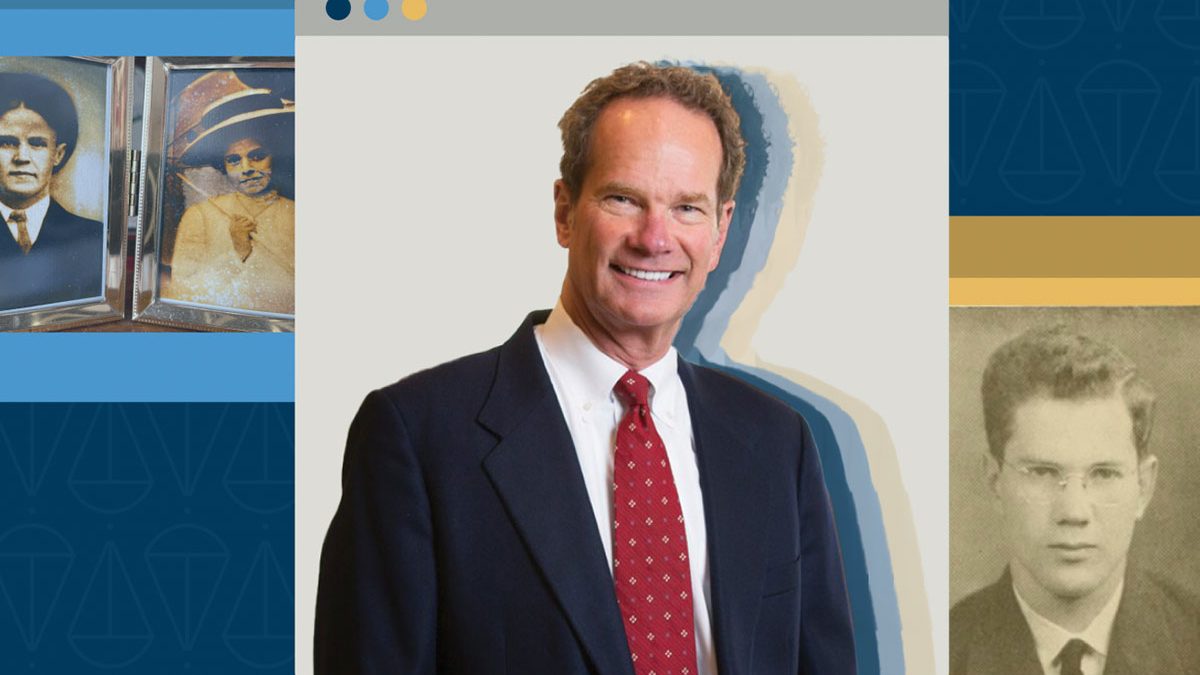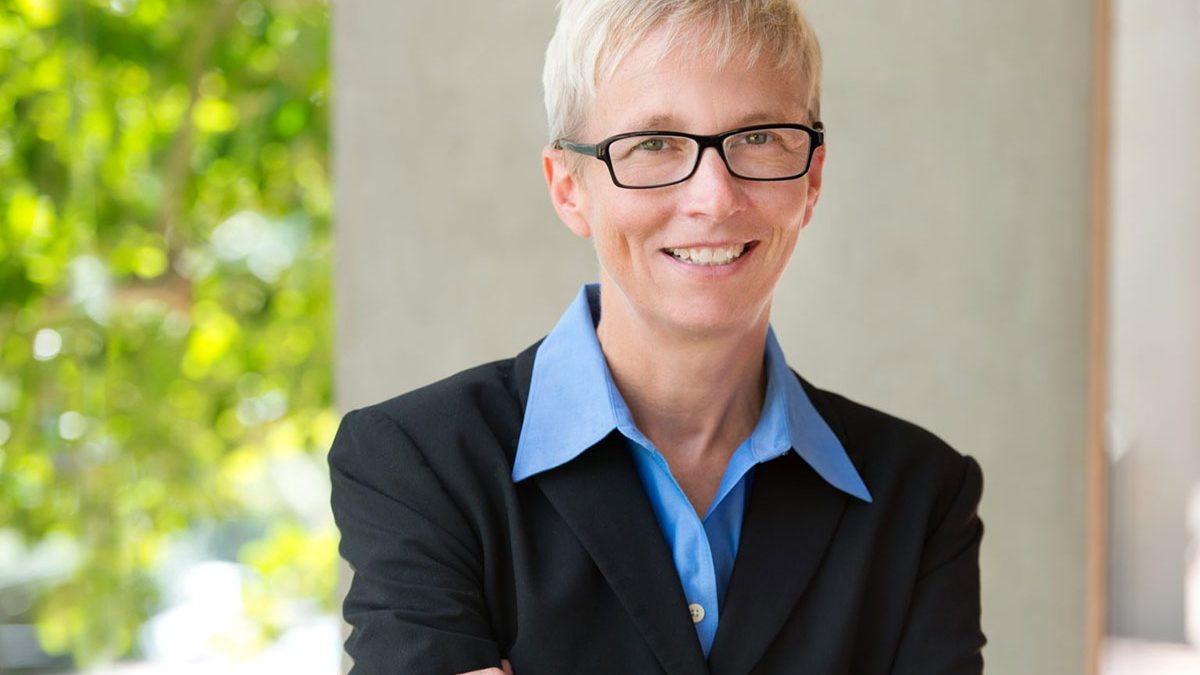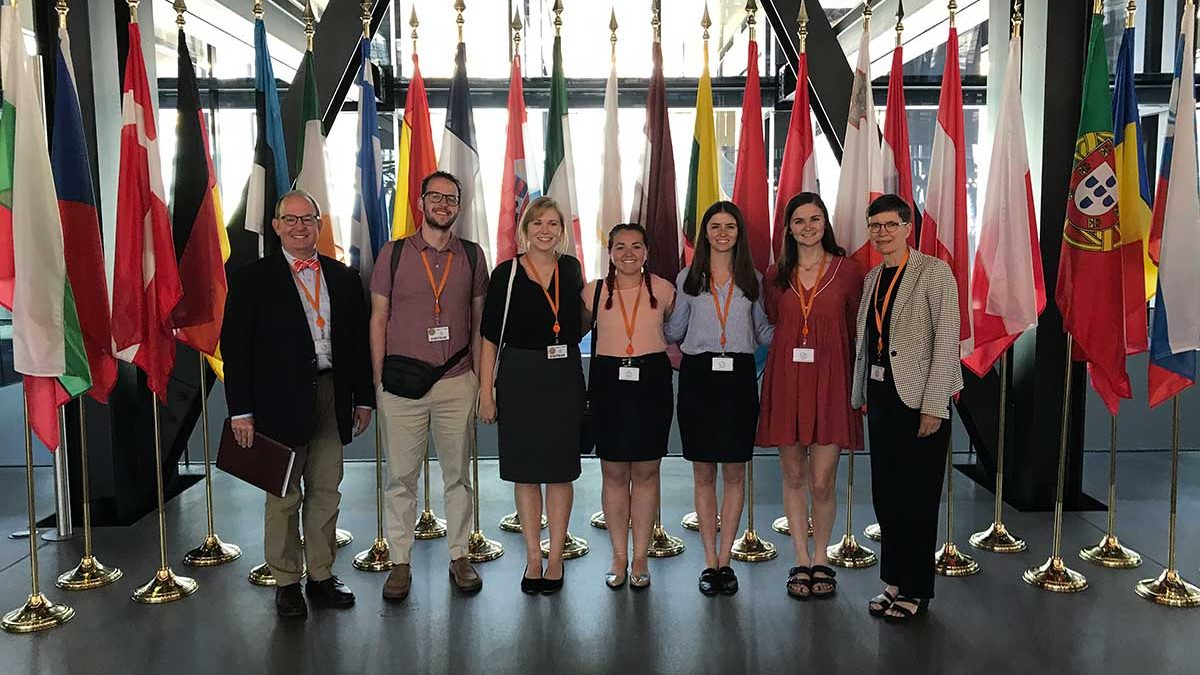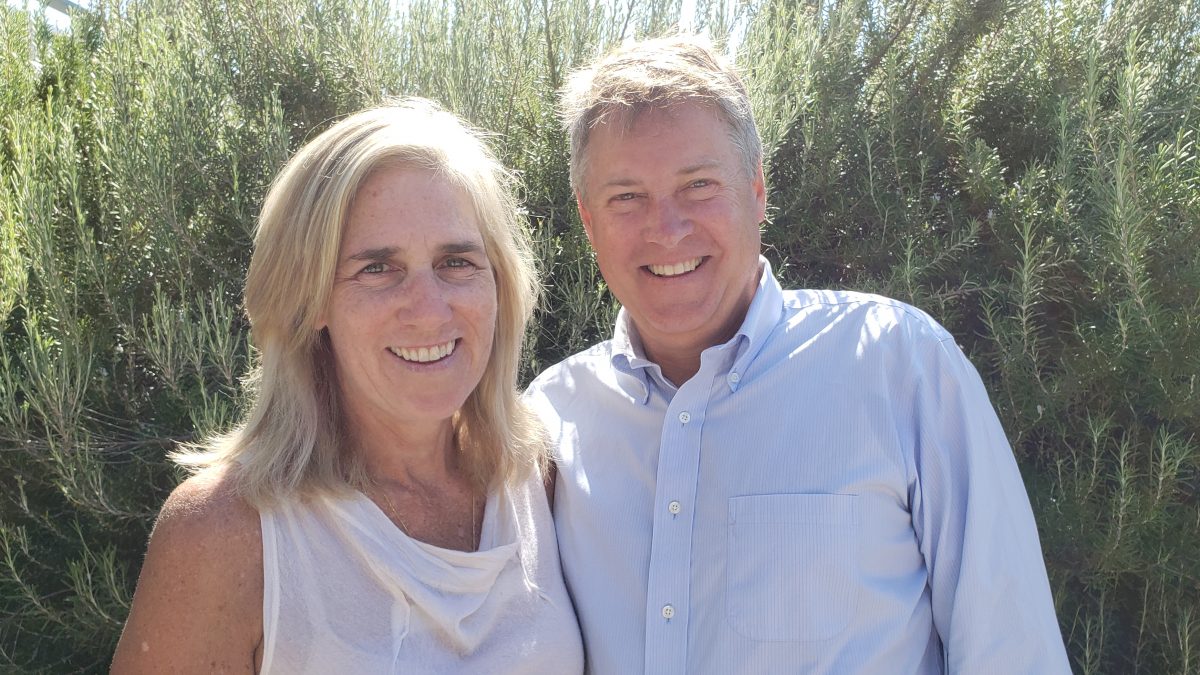An Advocate for Mental Health
Hands-on clinic work at the UNC School of Law equipped Sarah Hoffman ’21 (J.D.) with skills to advocate for improved mental health resources in North Carolina prisons.
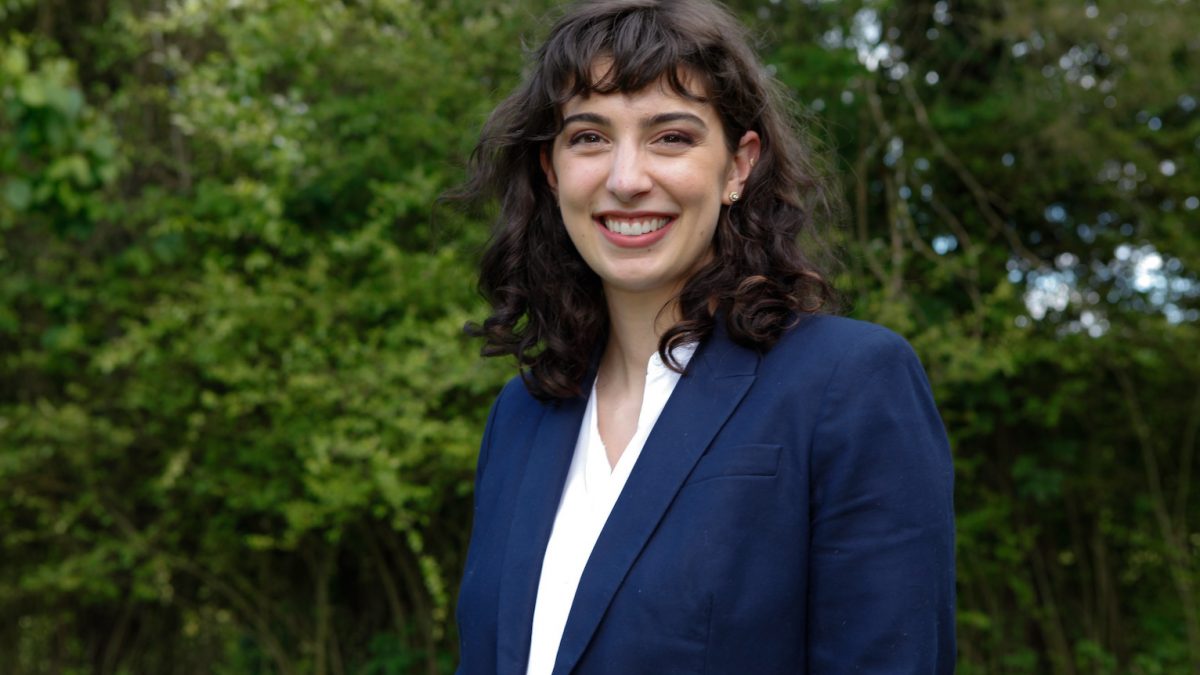
Hands-on clinic work at the UNC School of Law equipped Sarah Hoffman ’21 (J.D.) with skills to advocate for improved mental health resources in North Carolina prisons.
Hands-on clinic work at the UNC School of Law equipped Sarah Hoffman ’21 (J.D.) with skills to advocate for improved mental health resources in North Carolina prisons.
As an undergraduate student studying political science, Sarah Hoffman ’21 (J.D.) interned with a public defender and was assigned to the case of a 19-year-old charged with murder. Hoffman reviewed the client’s medical history dating back to his childhood, and she realized she was looking at a case study of failed mental health care in the juvenile justice system.
“This was a person whose violent behavior was increasing in severity from the time he was five years old,” Hoffman said. “I saw him in every level of public mental health care. It does not excuse violence, but he never got any quality help at all.”
Around the same time, Hoffman was in the midst of her own mental health crisis. Diagnosed with bipolar disorder, Hoffman committed herself to a hospital after having suicidal thoughts. She remained hospitalized involuntarily for a brief time, but her psychiatrist quickly got her discharged and helped Hoffman find an effective treatment regimen.
That episode and the grueling path to recovery gave her a full view of the disparate outcomes for those with good mental health care and those without.
“If I didn’t have access to those resources, I would absolutely have ended up homeless, in jail or dead,” Hoffman said. “Anyone who has to live like that without access to assistance, it’s just not going to work out.”
A May 2021 graduate of the UNC School of Law, Hoffman’s personal experiences fueled her resolve to advocate for improved mental health care within prison systems. This fall, Hoffman will begin a two-year fellowship at Equal Justice Works, where she will focus on this issue for people in North Carolina prisons. Her fellowship is sponsored by American Tire Distributors and hosted by Disability Rights North Carolina.
In her fellowship, Hoffman will interview incarcerated people who have been held in solitary confinement or in therapeutic diversion units, which are an alternative to solitary confinement for people with mental illness. Her work will inform advocacy on behalf of incarcerated people with the goal of better policies and expanded access to mental health treatment in North Carolina’s prisons.
Hoffman cited clinical and pro bono work she completed at Carolina Law as helping prepare her for the work she will tackle during her fellowship. Carolina Law’s 10 in-house clinics offer students the opportunity to merge theory and practice, earn academic credit and provide legal assistance to clients who are marginalized or otherwise lack access to justice.
“The clinic gave me experience with interviewing skills and building a rapport and trust with people from different backgrounds,” Hoffman said. “Clinic work has also helped me understand that I’m not just a reporter, I’m not just sharing information. I’m using information to take direction from those who are marginalized and turning it into advocacy work on their behalf. The clinic work was the single biggest thing that has prepared me for what I’m about to do.”
Hoffman said that one important aspect of her experience at the UNC School of Law was defining the type of lawyer she wanted to become. A class with Erika Wilson, associate professor of law, Wade Edwards Distinguished Scholar, Thomas Willis Lambeth Distinguished Chair in Public Policy and director of the Carolina Law clinical programs, pushed Hoffman to think about her role as a lawyer.
“Professor Wilson would share a quote that lawyers can either be social parasites or social engineers,” Hoffman said. “We reflected on the social implications of what we’re doing and how we will function as lawyers. You learn that you can make an impact and work with people to change a system in a way that is helpful to them.”
